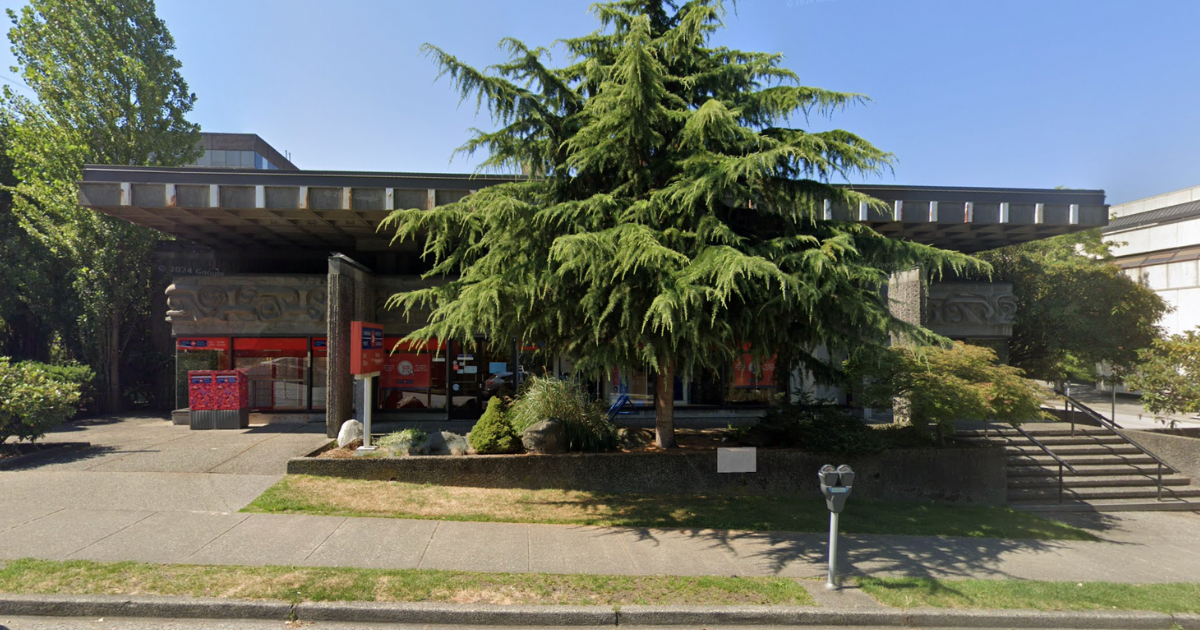A critical mass vote needed to amalgamate B.C.’s provincial real estate association and several boards into one organization has failed.
In a vote held Dec. 6 by six real estate boards, only three reached the required vote threshold either set out by their bylaws (75 per cent) or through B.C.’s new Societies Act (67 per cent). Four boards (representing 15,000 members) needed to achieve the threshold counts for the amalgamation effort to move to a B.C. Real Estate Association (BCREA) board vote.
The lack of support for merging B.C.’s large and small boards into one identity came as a blow to many of the real estate board presidents who had worked hard for over a year to put the issue to a vote.
“We were disappointed by the vote count but we are going to capitalize on the work that has been done. There was a tremendous amount of work and member engagement that went into this,” says Deanna Horn, BCREA president. “The important thing we need to take away from this is that over 67 per cent of those Realtors voting wanted change.”
Horn said she does not see the concept of change as being defeated as there was a popular vote to move toward a different structure. Six boards (representing 85 per cent of the province’s Realtors) were willing to put it to a vote for a new provincial body.
The three boards that reached high thresholds numbers needed: B.C. Northern Real Estate Board (75 per cent needed and 89 per cent of agents voting were in favour); Real Estate Board of Greater Vancouver (REBGV) (67 per cent needed and 69 per cent of votes in favour); and South Okanagan Real Estate Board (75 per cent needed and 79 per cent of those voting favoured a merger).
The three boards that failed to get the critical vote required were: Fraser Valley Real Estate Board (75 per cent required and only 63 per cent of those who voted were in favour); Kamloops & District Real Estate Association (75 per cent vote needed and 70 per cent of those voting favoured the merger); and Okanagan-Mainland Real Estate Board (67 per cent needed and 56 per cent vote acquired).
The original intent was to merge all 11 provincial boards, but the Victoria Real Estate Board made it clear early in the initiative that it would opt out. Several others were uncommitted, but as the vote neared, more boards opted out.
“Each board sat down and decided what they wanted to do. One decided to opt out and four other boards decided they wanted to opt out as well,” says Damian Stathonikos, BCREA’s director of communications, as he describes the background to how six boards came to vote. The five real estate boards that opted out were Victoria, Vancouver Island, Chilliwack, Kootenay and Powell River.
The decision by these boards to opt out was reached either through a vote by the real estate board directors or by boards conducting a membership vote to determine their direction.
At the Chilliwack and District Real Estate Board, president Richard Admiraal said his members voted 93 per cent in favour of keeping the 53-year-old board intact. “Our board never really supported the amalgamation right from the beginning,” he says, but the leadership took a neutral stance and decided to let the membership decide.
“In Chilliwack, we were happy to see that agents valued their local real estate board.”
Admiraal says the BCREA vote by the six boards was hard to predict; it could have gone either way as it had strong support from Greater Vancouver and the Fraser Valley boards and BCREA were diligent at getting information to members. But he says he thinks it was not clearly defined how some of the benefits would be achieved. Agents were reluctant to give up a local voice and good services for something that was not totally clear.
Victoria Real Estate Board president Mike Nugent says, “We were asked to give up our land, building, management and staff, and the ability to provide local input,” he says, adding that it was not clear how new services, especially in outlying areas, would be delivered. He said there was a lot of “vagueness” about how services would be enhanced and improved.
Horn says that because the approval required from four boards was not achieved, a BCREA special general meeting with all 11 real estate boards, planned for the day after the vote, was cancelled.
“I am not willing to second guess what may have come out of the meeting,” she says. But if four boards had voted in favour of the amalgamation – with each board having a weighted vote according to its membership numbers – she says there was the potential to achieve the needed votes to move to one real estate organization.
In the Fraser Valley, president Charles Wiebe, whose board supported the concept, accepted the poll results. “The membership has made their decision. I do believe in the democratic system. I accept the decision of the membership graciously,” says Wiebe. However, he said the vote of 63 per cent in favour still indicates there is a strong appetite for change.
“Perhaps it was not this change,” he says, adding that a number of members expressed concerns going forward that more discussion was needed with details of how the new organization would work. “I really think that in the end, the change presented to the membership didn’t ring strong enough to mandate a move to change.”
Garry Gratton, president of the South Okanagan board, saw the voting day as one of “highs and lows” with his membership surpassing the needed 75 per cent threshold and then seeing the initiative fail at the end.
He says the vote was “old-school” verses “new school” and that salespeople and brokers who have been in the business for more than 25 years were reluctant to change, while those who entered the industry more recently are not as entrenched in their ways.
“This is the most thoroughly well researched initiative in the history of real estate in B.C. and it is a crying shame that it did not go forward,” he says.
“We are stuck with a 40-year-old business model,” he says, adding that the 11 boards “can’t even decide what kind of coffee to make in the morning.
“It is really paralysis by over-analysis.”
REBGV president Dan Morrison called the six-board vote “bitter sweet” as his members surpassed the needed vote. “I was very pleased Vancouver voted for it and we have a long history of change and progress toward doing things better,” he says. “It was refreshing and uplifting that our members were able to see the future.”
No one in B.C. is calling the initiative a waste of time and energy.
“The phoenix coming out of the ashes is that in the six boards, more than 67 per cent voted for change,” says Gratton. “That is a huge take away. Two-thirds of our membership indicated they are clearly desperate to do something with this system, which is bureaucracy run amok.”
Gratton said the challenge now is to come up with a Plan B. “If we can’t get rid of the old system then we need to overhaul it.”
Wiebe says, “I feel there were a lot of positives that came out of this.” One was the voter turnout – 1,100 of 3,200 members. “That is a strong turnout.” The other positive was organizational.
“There has been talk for many years that we are inefficient and the various boards are not working well together for the benefit of the Realtor. We have started to have more of these difficult discussions and talking about how to create efficiencies, improve our professionalism and how to better organize ourselves,” says Wiebe.
Chilliwack’s Admiraal said the initiative “leaves the lights on and the door open” and will lead to more inter-board engagement in the future. Perhaps, he suggests, the smaller boards may align themselves with larger boards to share services. On other issues, there may be more provincewide collaboration. “I think we are all of the opinion that one MLS would work better for all agents,” he says.
Morrison says that his board of directors will “sit down and discuss where we can go from here” because the membership has voted a mandate for change. There may be opportunity for greater inter-board collaboration.
“My personal opinion is that we broke down a lot of barriers and improved relationships between the boards and the BCREA. I learned more about how we as a provincial body operate and other boards operate. There is a sense amongst the boards of wanting to do more collaboration,” says Morrison.
He says the challenge that the structure faces is that in four months, the executive will change and new people will be in charge, perhaps with different ideas. Achieving continuity can be difficult as the new people do not have the legacy or experience of the previous set of executives.
Nugent thinks more co-operation can happen without the one-entity structure.
“There was a lot of discussion on how centralized services could provide efficiencies and a number of boards indicated that although they wanted to maintain their boards, they were eager to have new systems that would help us to be more efficient and provide better learning opportunities,” he says.
“We learned a ton from this and it is incumbent upon us and the boards to open better services and operate more efficiently. I fully expect that the BCREA and the other boards, looking forward, will try to move to more commonalities,” he says.






















